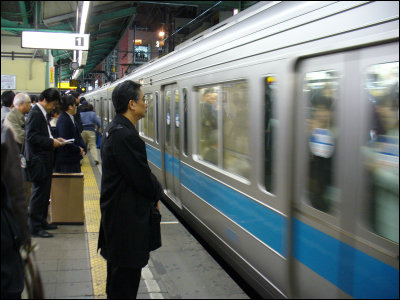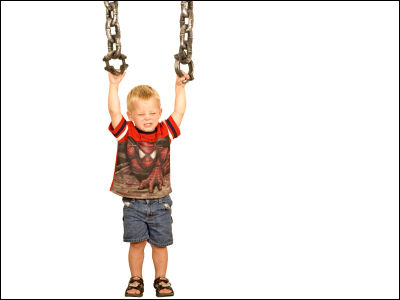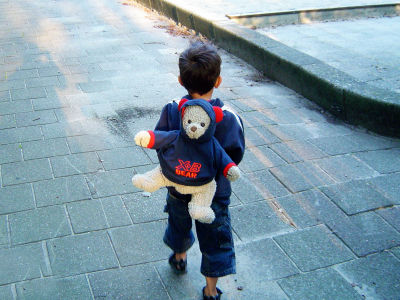The specificity of "children's train school" and "first time use" is reported on overseas media
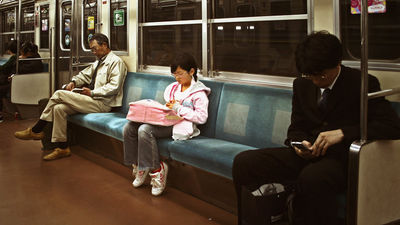
ByTokyoform
In the United States and other overseas countries where children are considered to be "dangerous" to put their children on the train, "primary school student's train school" and popular TV program "First time job"Is regarded as a unique culture. The American media · CityLab is interviewing the elementary school student who carries out the train and her parents etc. why such a unique culture of Japan is established.
In Japan, Small Children Take the Subway and Run Errands Alone - CityLab
http://www.citylab.com/commute/2015/09/why-are-little-kids-in-japan-so-independent/407590/
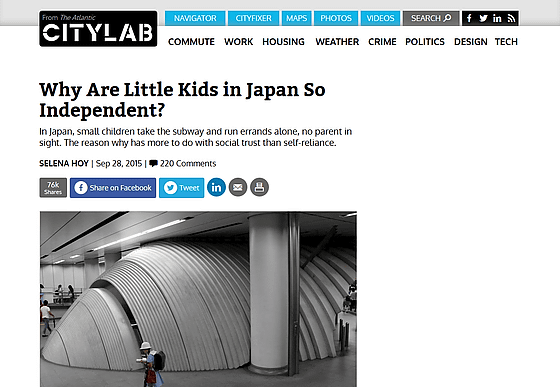
Japan's crowded train is known as a world-famous phenomenon, but elementary school students in Japan have been traveling to school by train using a group of only one or a child from about 6 years of age, It is not unusual scene that elementary school students are mixed among passengers. In addition, in "First Opinion" broadcasted for over 25 years, it seems that children who are around 2 or 3 years old appear on the first trial of life, but both are popular abroad It is a sight that can not be seen in the country.
When I asked Kite who is a 12-year old elementary school student who started train attendance from 9 years old, I got impression of CityLab when he got on the train for the first time, "I was a bit scared at the beginning but I can get on the train by myself It began, "Kite-kun said. It's easy for Kite-kun to continue train-schooling in Tokyo for three years, now it's easy to get on a train, but Kite's parents were also worried when my son got on the train for the first time. Kite's mother said, "I remember that time well, but I thought that the train runs on time, so I thought I could safely go to my destination, and the kite is a clever child." , I'm commenting on CityLab.
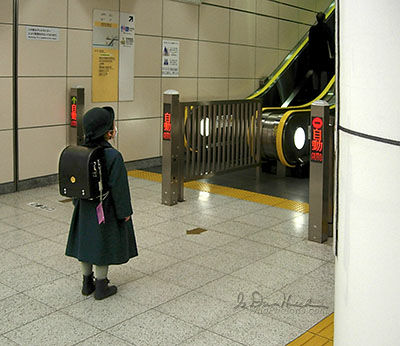
ByDan Hutcheson
Kite's mother also said that she was going to school by taking a Tokyo train when I was in elementary school, but even at the time when there was no cell phone, it was not difficult for a child to ride a train and head for the destination about. Since Kite, who has a cell phone, can call even if he gets lost, Kite's mother seems to feel that it is possible to go to train safely than at that time.
About this kind of peculiar Japanese culture, Mr. Dwayne Dixon, a cultural anthropologist, said, "This is not because Japanese children are not too confident and Japanese has" collective trust ", so this kind of culture is established It is explained. Mr. Dixon said that in the Japanese community, children learn early that "It's okay if they ask for help around them." In elementary schools in Japan, you can assign lunch duty number, cleaning duty number etc, but children can learn that "Toilet must be used cleanly" because it is understood that the duty comes to himself.
As a result, children can understand "responsibilities to be fulfilled in public spaces" and consideration to the surroundings, and ethics is cultivated. Therefore, when children fall into an emergency situation, they can understand that it is okay to rely on surrounding adults.
The crime rate in Japan is quite low worldwide, and parents are one of the important reasons for children to put their children on the train by themselves. Kite's mother also said, "I do not think I will take a 9-year-old child by train in New York or London." As women's cars were introduced as coping with women's molesting, there is no danger in Japanese trains at all. Still, CityLab analyzes that many children continue to go to school by train because a reliable community is formed compared with other countries.
Related Posts:

